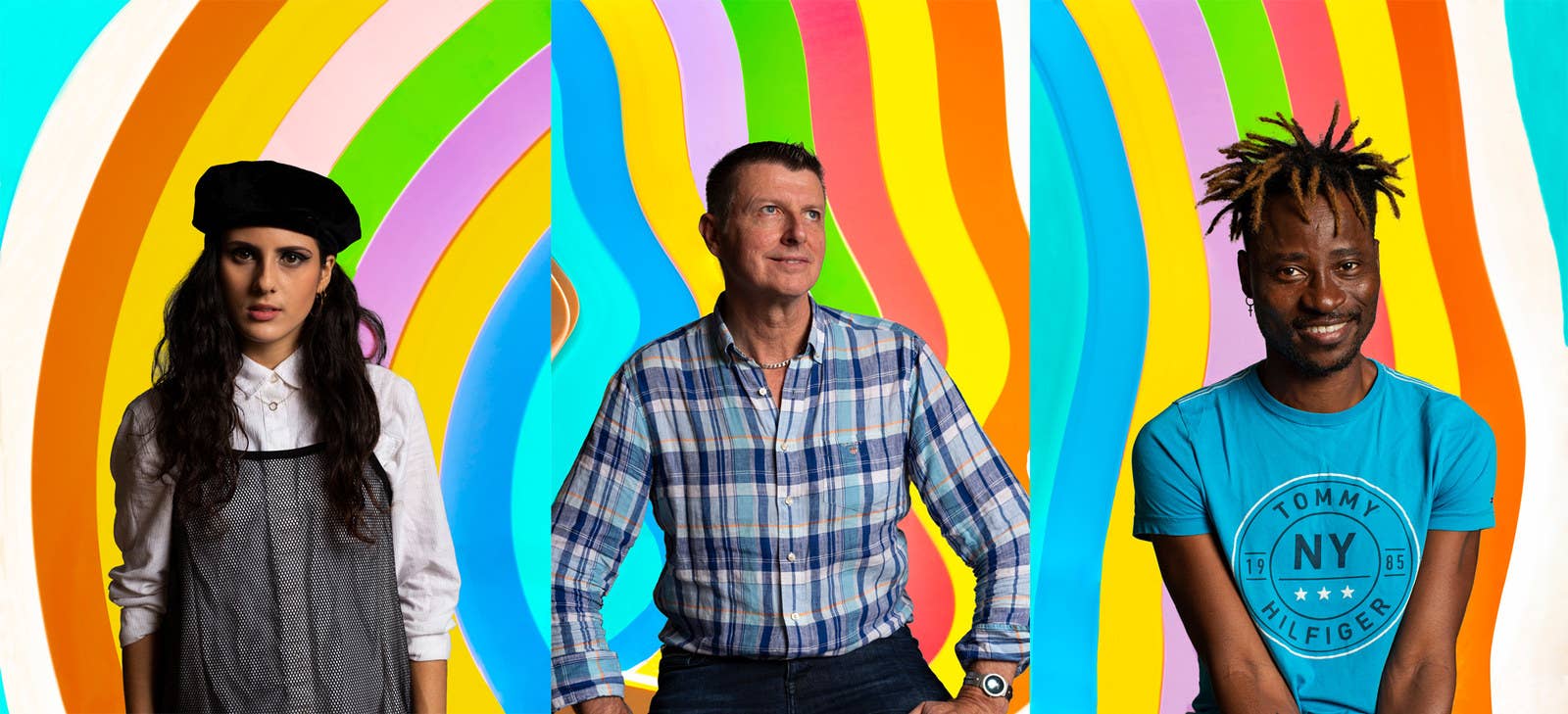
October 11 is National Coming Out Day, to celebrate we spoke to 9 people from the LGBT+ community about what coming out means for them, and how their lives have changed since.
Bisi A
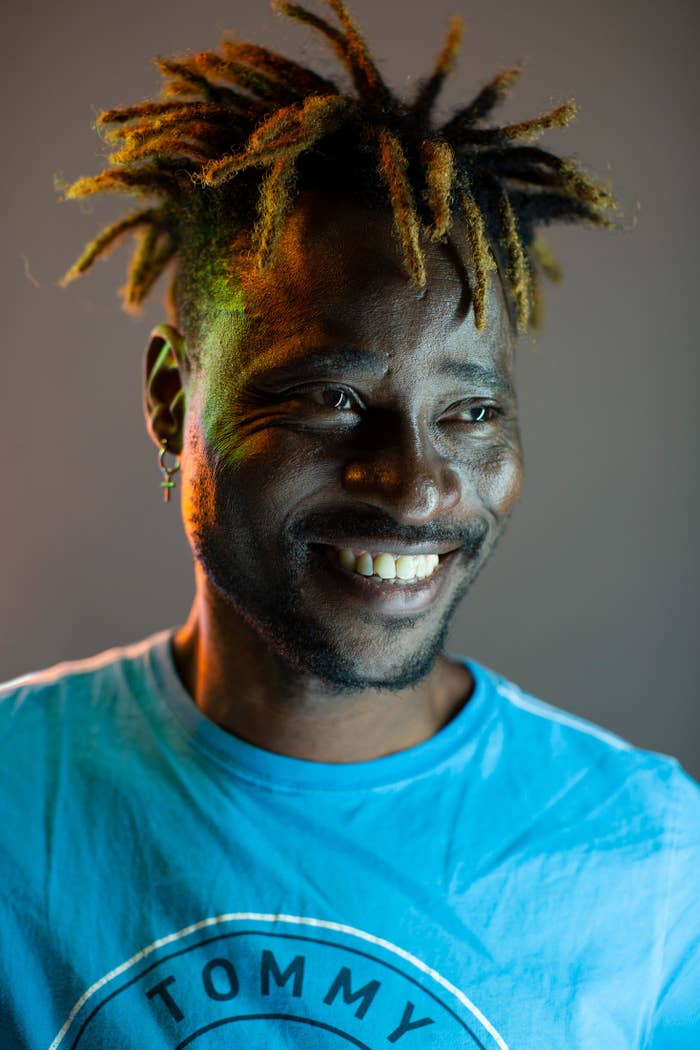
I was 11 years old when I had my first kiss, with a guy. It was my first bold move towards expressing my difference.
I was born into a very religious home. I have a brother and three sisters. Growing up in a religious home in one of the most homophobic countries in the world, Nigeria, had its impact on me and the way that I viewed myself.
As a young boy navigating my way through life and dealing with the feeling of rejection and desperation to fit in, realising that I might be loving differently was an added painful experience for me.
When I was 15 years old, I experienced something that would have a devastating impact on my life. I was in my last year in junior high school and it was December. As part of the end-of-year activities, Christian groups are allowed into the school to engage with the students. As part of this, I was invited to see a film titled The Burning Hell.
The film showed the rewards for good and bad people. As a child growing up in a Christian home and fighting my sexuality and being told many times that being gay is a sin, this film was all I needed to confirm my greatest fear.
After exposure to the film, I struggled with myself and my self-worth. I was losing concentration in school and I was doing poorly. My mental health took a downward trip and I became extremely afraid of many things. This fear drove me to exorcism when I was 17 years old. At this point I had become born again, and was fighting so hard to “make my way right with God”. Three weeks after the exorcism I attempted suicide for the time, and this led to a 12-year journey of self-hate, self-harm, crying, isolation, and extreme depression.
At the age of 29, just at the end of my university education and after my first break in acting, I found out that the media were going to out me. On October 6, 2004, I came out on national television in Nigeria, making me the first person ever to do that. Coming out was my first step to healing. Earlier that week, I had planned on trying to kill myself again as I couldn’t deal with the pressure, but I wanted to leave a message for the world. Fourteen years after coming out, I am still here and determined to give a message of hope to others 17 year-olds that it might sound like a cliché but it indeed does get better.
Today, I am happily married to my husband, and we live in a beautiful home with two dogs that give us so much happiness. I never saw that when I was 17 years old.
Tigger B
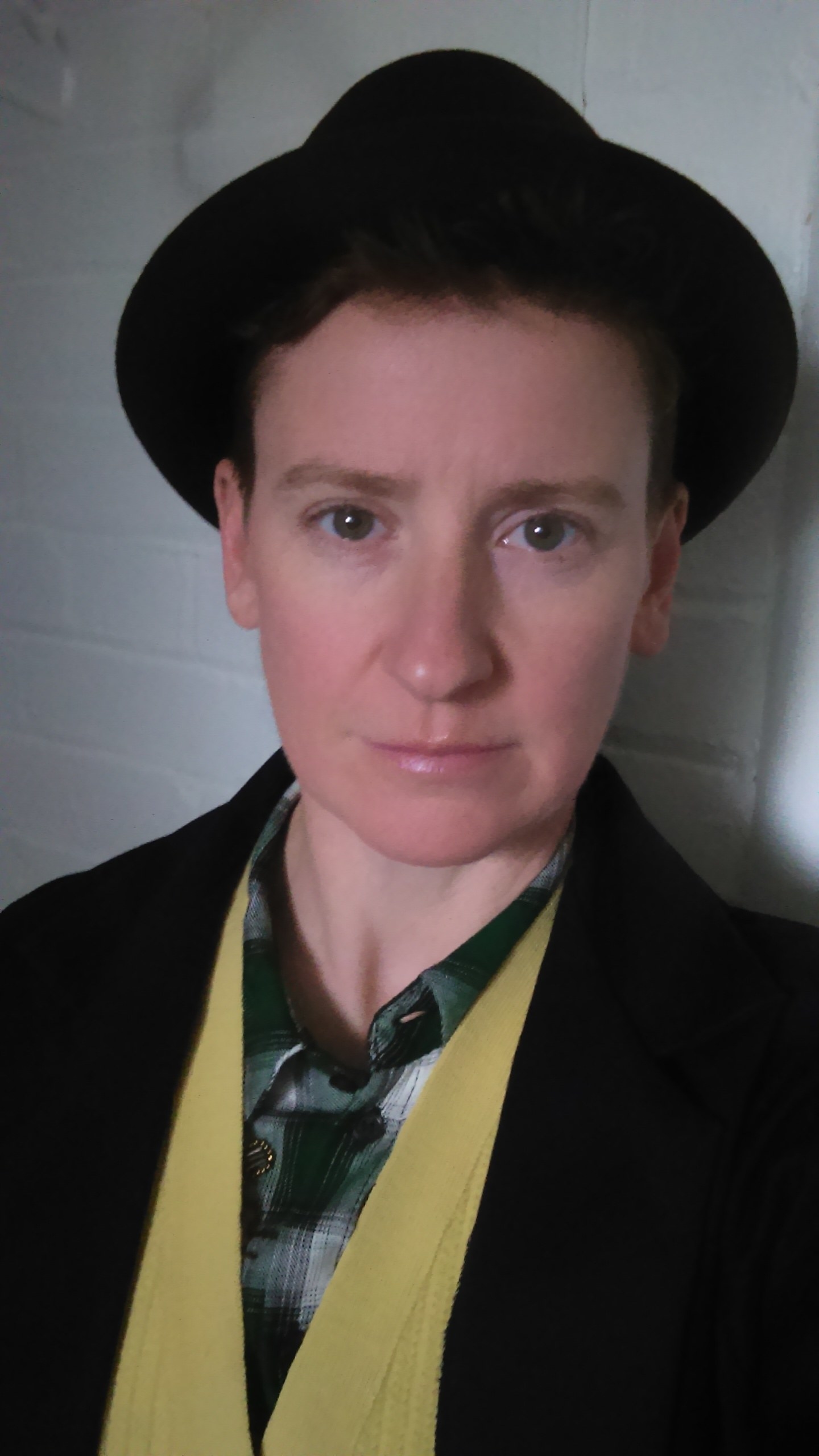
I didn't know what transgender was when I was 5, or when I was 15 or even 25, but that didn't stop me knowing that my identity fitted a definition which was actually just that. Even at age 5, I was aware that my gender expression made adults feel uncomfortable and so I learned to put all my feelings in my back pocket for a very long time, just to make mine and everyone else's life simpler. At school I was bullied a bit for being perceived as gay; it was a confusing time. I never saw anyone like me in my school, my family, in the media, in art — I just felt like a freak and so kept it to myself. I'd always retained a strong element of authenticity but there was still more to discover and be comfortable with.
After a few episodes — though many years between — of increasingly poor mental health, I eventually began to unpack these buried feelings. I was working on a feature film about fitting in, and the director was an incredible free thinker and champion of all people. We began talking about how I felt different and I realised that I'd been doing myself a disservice, I wasn't being myself, and I wasn't reaching my potential. This was the tentative beginning to discovering that there isn't really a neat label for me to identify with, or a box for me to jump into to describe myself.
I realised that my gender is other than I was assigned at birth, and that's OK! In recent years language has evolved, we have vocabulary to help express ourselves, and this awareness of gender-variant identities has enabled me to come out. Previously, I felt alone and wouldn't have been sure what I was coming out as! It took me a long time but I adopted a couple of the labels, I think in an attempt to have a conversation-starter to come out.
I told my close friends from school by an individual social media message, then made a trip home to tell my parents, and soon after that I stopped hiding it in my professional life. It's not that I go around broadcasting it, but I'm certainly not going to hide it anymore — that's so exhausting. I've since ditched the labels too. They never really fitted anyway, and I continue to live my best self.
Khakan Q
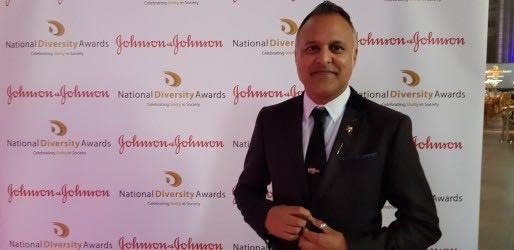
“Whatever makes you happy makes me happy. If I can’t share in your happiness, what kind of mum would I be?”
These are the immortal words my mother uttered to me when I came out to her all those years ago and I have carried them with me ever since. These are the words which have motivated me and given me strength to be myself and learn how to love myself.
I was only 22 years old and had fallen madly in love with a man twice my age. As a young Muslim, I was a relatively shy, introverted individual and, in hindsight, would have described myself as more asexual rather than homosexual as we just didn’t have the opportunity nor the platform to express ourselves as sexual beings. This changed in 1989, when I moved from Birmingham to London to train to become an actor. I was a student, and what should have been the time of my life was quite isolating and depressing for me. I was surrounded by white people who had the courage and confidence to identify as lesbian, gay, bisexual — words, identities, and labels which petrified me, filled me with dread, and made me feel I did not belong.
It was the height of the HIV/AIDS crisis, Section 28 was lying heavy in the heart of education, and my mind was conditioned to think that being gay was, according to perceived interpretations of the Qur’an, a sin or haram.
For a long time, even though I was exploring my sexual identity and learning to come to terms with myself, I experienced so much internalized homophobia, I contemplated suicide.
But I managed to pull through it at a cost. I left college and returned to Birmingham. I had gained some confidence and began to find my voice. Within a year of my return, I met someone through a mutual acquaintance. Initially, we spent evenings just talking, getting to know each other as friends. But about six months later, I initiated our first kiss and we became a couple, albeit in a very discreet relationship.
I was still learning about love and life, enjoying his company and my first proper relationship.
As a gay Muslim, I was trying to navigate my family home life as opposed to my personal independent life. My mum began to question and probe my whereabouts and who I was seeing, and even though I was guarded about my life, my close bond with my mum compelled me to tell her the truth.
I had to steel myself for the consequences. It was an emotional evening, but when she uttered those words, not only was it unexpected, it demonstrated that my mother transcended what it means to be a good Muslim and filled me with self-belief, confidence to be who I am, and pride.
My partner and I have been together almost 27 years and in 2014, I set up a social/support group called Finding a Voice, for South Asians who are LGBT+.
Cat B
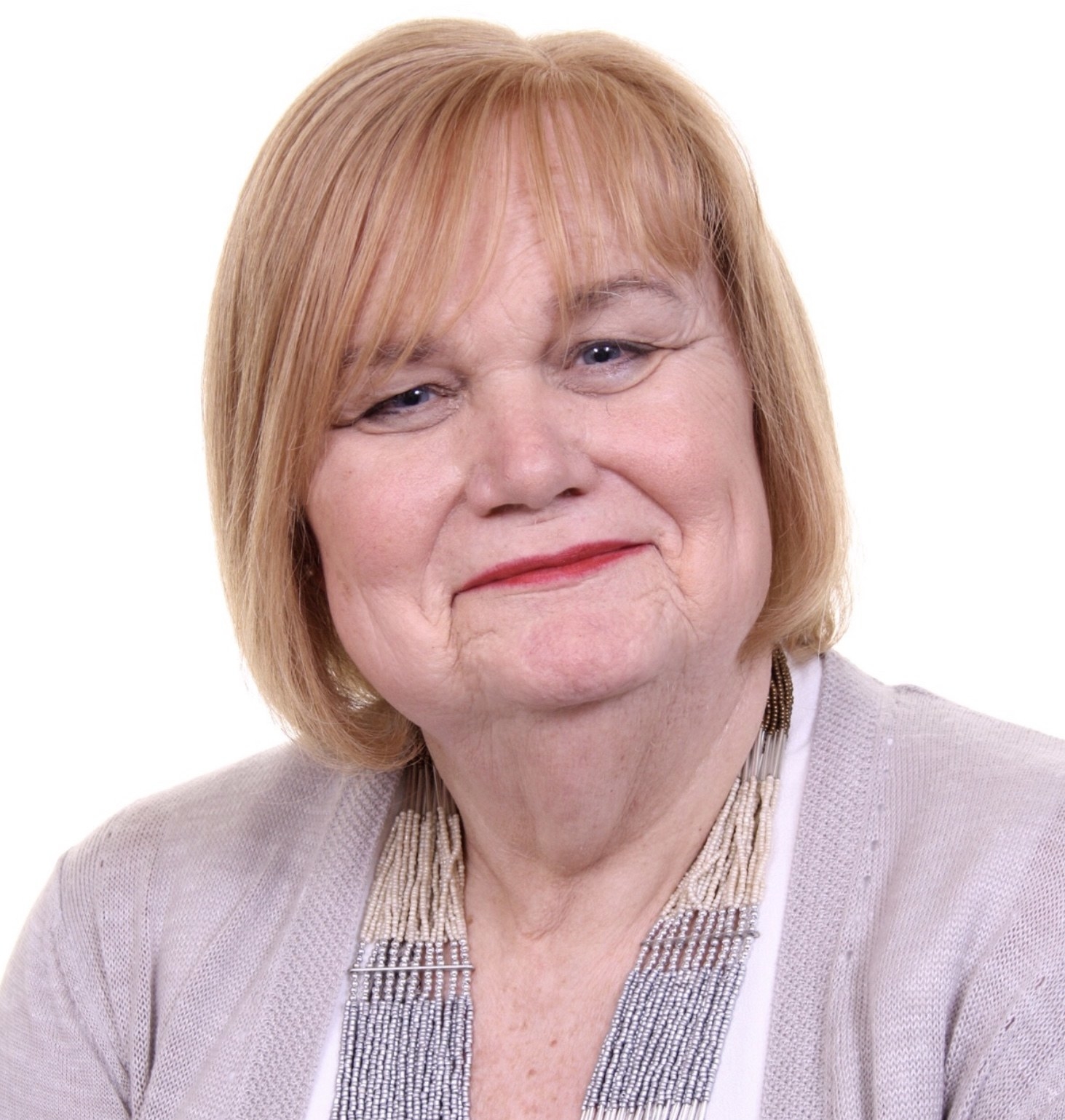
Whilst I had recognised my true gender identity in 2010, at the age of 58, I did not start expressing myself as a woman, full time, until July 2014. During the intervening four years, I came out to family and friends in a progressive way. Two particular examples of coming out stand clear from all the rest: to my mother, and to all my work colleagues at British Airways.
I came out to my mother in early 2014, not because I was about to go full time, but to preempt someone else telling her about me. My daughter had put together a couple of photos, one of herself and one of me, joking that we had the same hairstyle. Inevitably, the colleague was on her iPhoto account and it first nearly outed me when her son, my grandson, was given an iPad for Christmas. It was signed into her iCloud and that loaded all her photos. He saw the photo and asked, innocently, who was in it. Hurriedly, it was removed, but, lesson not learned, it also showed up on my daughter’s television as part of her iPhoto screensaver when her mother, my ex, was visiting. She was pretty sure my ex had realised who was in the photo and I couldn't risk her telling my mum, so I asked mum to visit, saying I had something important to tell her.
I compiled an album of photos of the new me to show my mum. She flicked through and asked who it was, then the realisation dawned, and she said: “Oh. It’s you. Is that all? I thought you had cancer or something.”
I came out to all the other pilots at British Airways in September 2014. I had been absent from work for four months for (unrelated) medical reasons and had told both the Civil Aviation Authority and my line manager that I would be returning as the real me. I arranged for my line manager to inform all my colleagues about my change in a very simple electronic admin notice, but we arranged that, at the very second she sent the notice to all 5,000 pilots, I would also press send on a much longer post to the BALPA/BA pilots’ forum in which I explained all, and invited comments, questions, and discussion.
Pressing send felt like stepping off a cliff in total darkness, then discovering the cliff was only 2 inches high. It was an irrevocable act, but my colleagues were truly marvellous. A very few simply said they didn’t understand but good luck. That thread had 10,000 views and 2,000 replies in a week, before we pulled it when the press got hold of my story. Almost all was supportive, or humorous — and laughing with me, not at me.
Coming out, and living authentically, has been the most affirming experience of my life.
Lana P
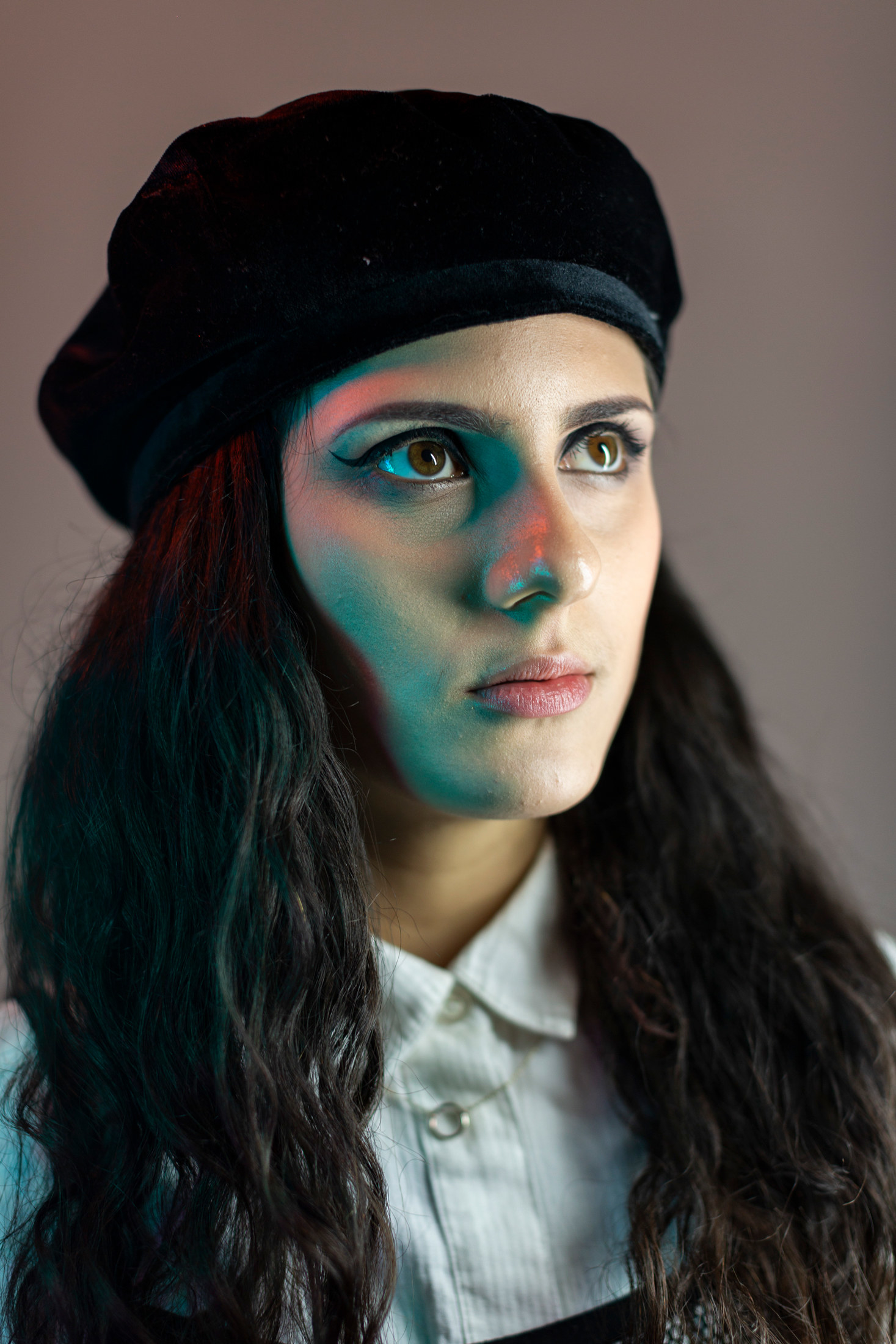
A friend of mine once said that as queer people we have to come out every day, to everyone. And it’s true: Given how heteronormative our society is, on a daily basis we have to either let people assume we’re straight or tell them otherwise. To me, the notion of coming out is rather strange — why should we have to do it at all? No heterosexual has to sit their parents down for a cup of tea and announce to them that they’re straight, so why is it such a big deal when we’re gay?
Luckily for me, I guess, I only had to come out twice. Here’s how it happened: Aged 15, I was borrowing my mum’s phone to text a mate as my Nokia 3410 had run out of credit. Later on, Mum stopped me in the hall. She had questions. “What was Ben talking about when he said ‘You have to forget about her’? Is he not over his ex or something?” This was the moment I’d been dreading. My mum had read my texts.
It was time to tell her the truth: ‘I’m in love with a girl from school,’ I explained with a heavy sigh. As if going to an all-girls school and being bullied for being gay wasn’t bad enough, I now had to face my mum. “It’s probably just a schoolgirl crush,” she quipped.
“Have you never had a crush on a girl before?” I asked, tentatively. “No” was her reply, and boy, did I feel like a freak. I had had crushes on guys before, but being in love with a girl was completely different. It was the most beautiful and most painful thing I think I’d ever experienced, in equal measure. All through school, people assumed I was “a lesbian”’ then in sixth form when I got a boyfriend it was “oh, so you’re bi now”, and finally, around age 17, my friend Francis explained to me what “pansexual” was. It was a word that really resonated with me, and suddenly everything made sense.
Many years later, about age 23, I met my first ever girlfriend. I had to call my mum and explain again what was going on, because I don’t think she really got it the first time. “I’m pansexual...” I began. “You’re WHAT?!” she replied. I explained that pan meant that you could love people of any gender, people of no gender, people of many genders at once, people who were trans, people who were questioning and, above all, that personally, I didn’t really notice gender a hell of a lot when falling for someone. Now she understood: “Well, I brought you up to love people!” she exclaimed. “We don’t hate people, we LOVE people!” Finally, she got it.
Nayem C
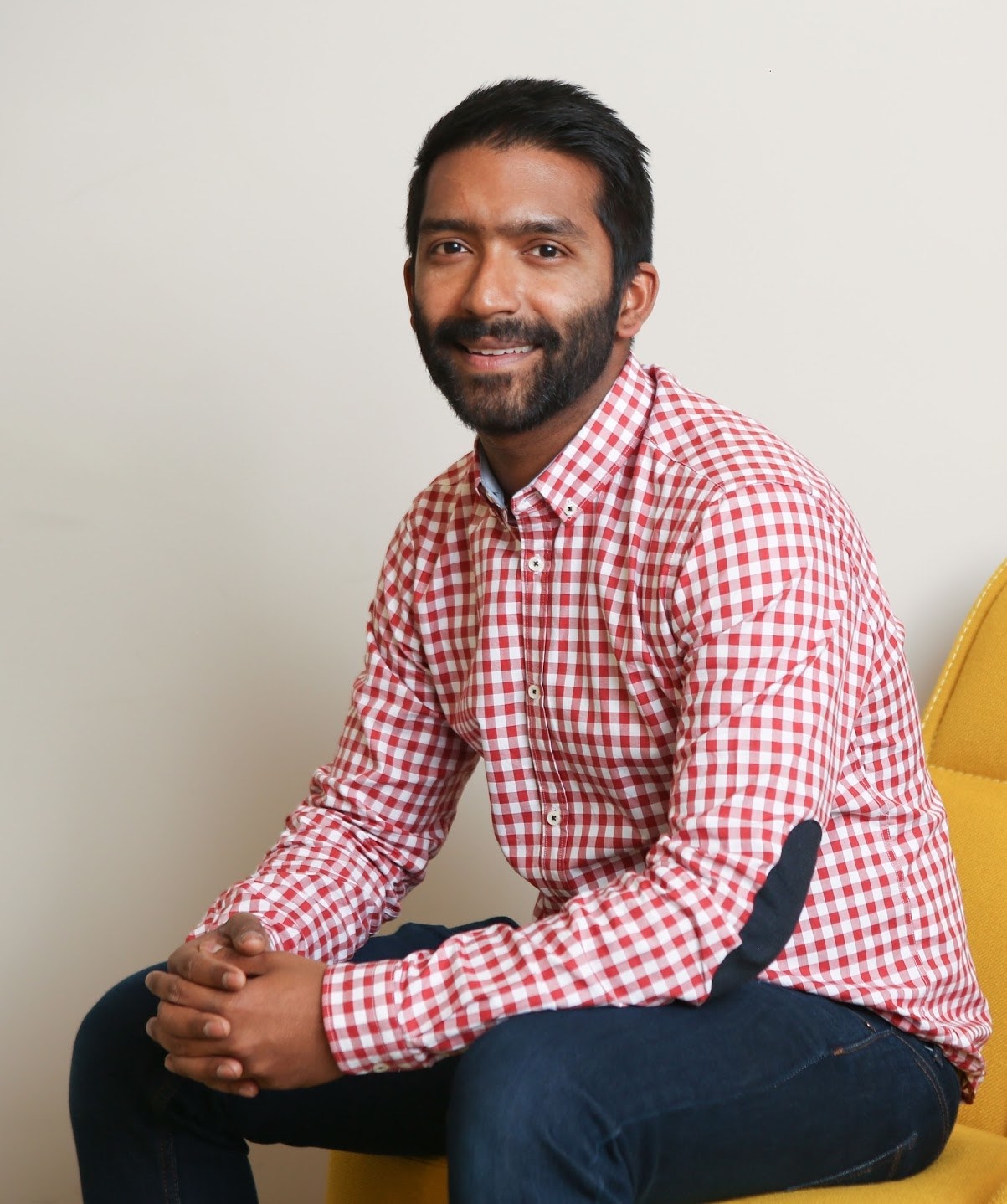
My name is Nayem and I'm a British Bangladeshi gay Muslim. You may not have come across somebody like me before, and my story is about why I am here today telling you this about myself.
I knew I was gay from around when I was 5 years old, when I found myself attracted to other boys in the playground. However, I remember hiding the fact that I was gay because of all the negative messages I was getting about being gay, particularly as well as being South Asian and Muslim. There were no visible gay people in my community, it was clear that being gay was not something that would be accepted by my loved ones, and everything I heard about homosexuality and Islam was very negative.
I therefore tried to cover up my sexuality and focus on my studies and career, but at the age of 21 with a degree from Cambridge and a job offer at Goldman Sachs, I realised that I still wasn't happy with my life, because I was hiding the fact I was gay.
The first thing I did when I was thinking about coming out was researching: both scientific and Islamic. I found out that being gay was scientifically not a choice, so Allah had made me this way. I also researched the original text of the Qur’an and although some stories have been interpreted over the years as forbidding homosexuality, I didn't find any explicit condemnation of somebody for being gay. I didn't believe that Allah wouldn't make you gay only to be condemned. Islam also teaches to tolerate and accept people, not to hate anybody.
It was this research that gave me the confidence to be happier with myself and come out to my friends, my sister, and finally my parents a few years ago, even though I knew it would be very difficult for many of them. I still see my family regularly even though they struggle with the fact that I'm gay. I'm also openly gay at work at Google and in the broader public.
I think it's really important for people to know that I'm gay even if they don't accept me or if they believe it's wrong. This is because knowing somebody gay helps educate people that we exist and that we are no different to anybody else. I also want to be able to be visible to others who might be struggling with their sexuality to inspire them: It is possible to live a happy, successful, and open life as a gay Muslim person — something I never had growing up.
And that's why I'm here telling you proudly today that I'm a British Bangladeshi gay Muslim.
Tracy O-H
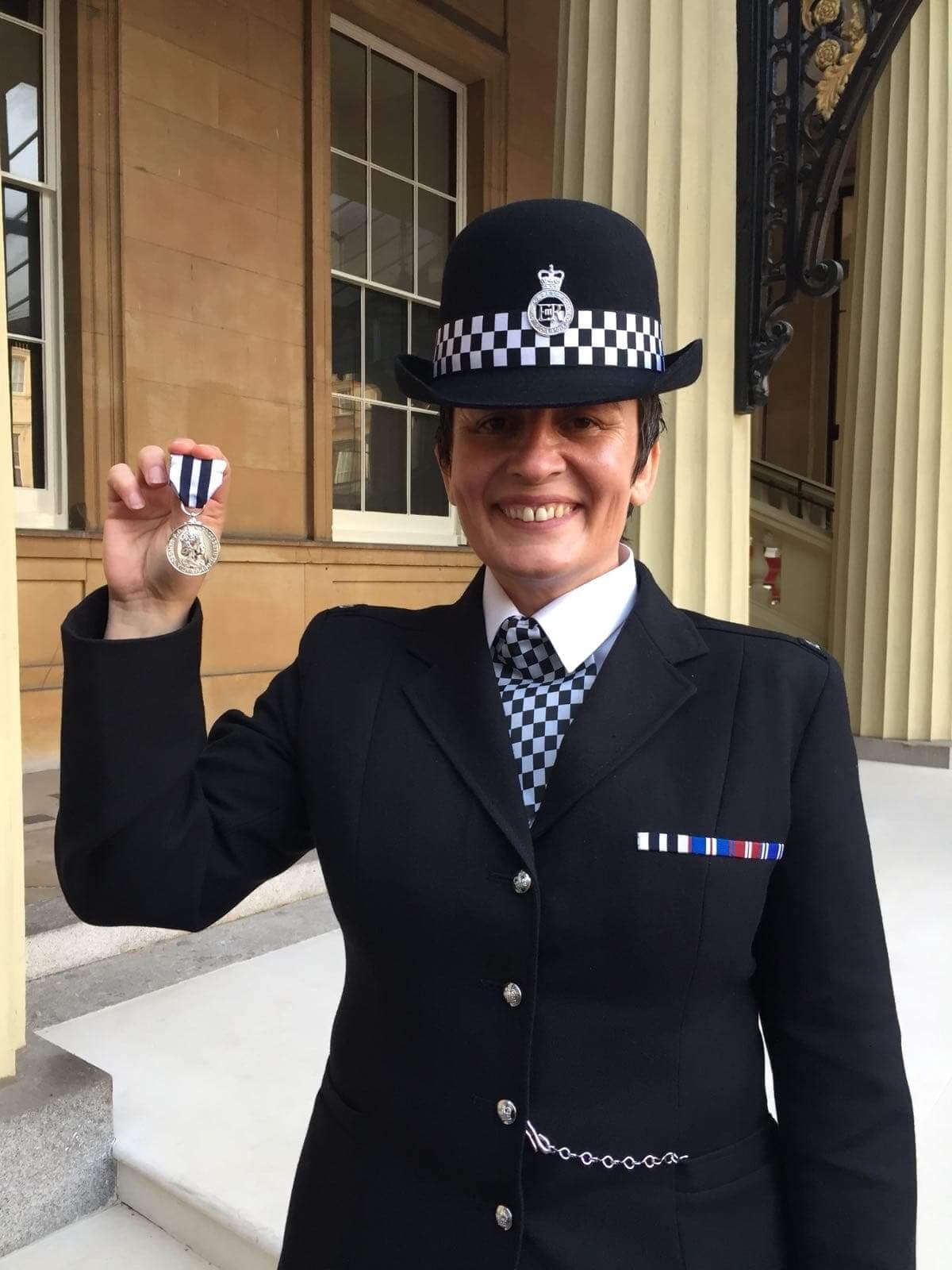
My coming-out story is almost twofold, although even now I feel I come out most days — but then don't most of us who are LGBT+?
I first came out to my mam after meeting my first girlfriend. I was at uni in Liverpool and had left home in Middlesbrough a couple of years earlier. Mam was pretty dull about it all, if I am honest, simply saying, “We knew you were; we just couldn't work out which one in the football team you were with!”
When I joined the police in 1996, I had a different coming-out decision to make. It was a hostile climate for LGBT+ people and I didn’t feel able to be out. Ellen had just publicly come out, George Michael had infamously been found out, and I recall many conversations which led me to know I could not come out. Faced with a decision to leave the job I’d wanted to do since first seeing Christine Cagney or stay and try to change the service from within, I chose the latter. Twenty-two years later, I am an out, proud gay detective working within investigations and chairing my local police LGBT+ network and co-chairing our national network.
Yes, I've received accolades for enabling change for LGBT+ people within the police service, but more importantly than that, I can be me, I can have conversations about LGBT+ matters with those who wish to learn more, and all of this allows me to do my job better and, for sure, be happier with me and who I am.
I feel now I have a privileged role. I am the sex worker liaison officer for Merseyside police, which is inclusive of all genders, and I even got to go to Buckingham Palace to collect a medal.
I've time left too to continue this work and make our workplaces and communities better places for LGBT+ people.
Claire H
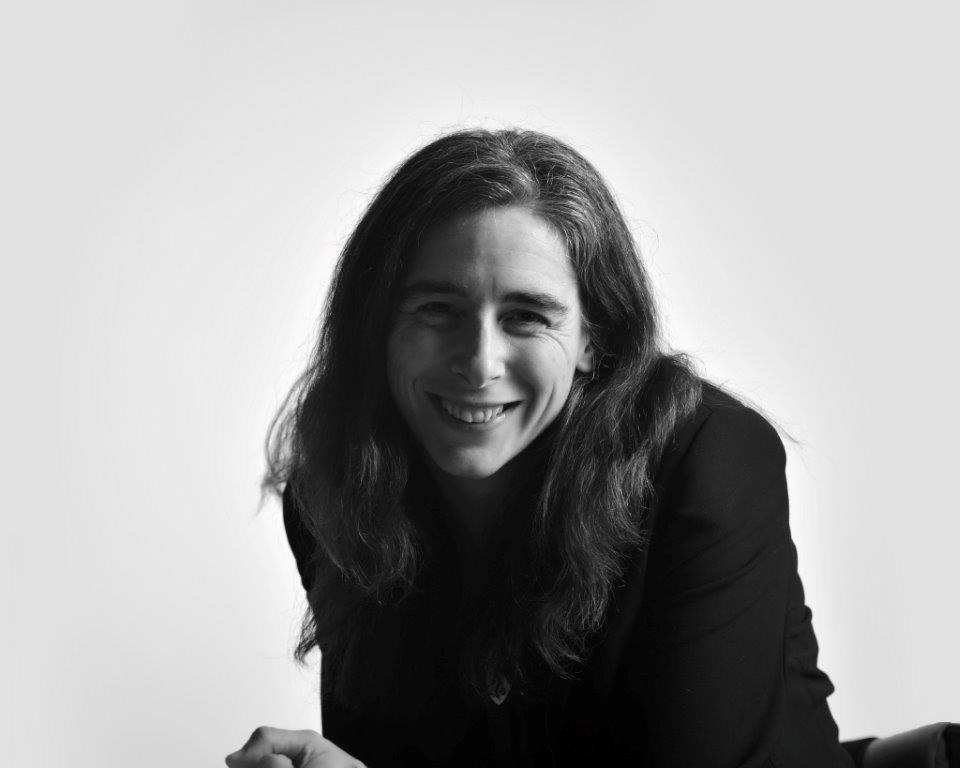
My coming-out story is about the importance of role models. I was in a lonely place: I felt different from my friends; I just couldn’t find a connection to the conversations they were having around different boys, etc. Comments from other students about our PE teacher made me realise it wasn’t safe to come out — they called her Crez the Lez and made comments about her coming to watch us in the showers. So I stayed quiet, but it ate away at me every day. Then one day, one of the boys in the year — also, like me, a loner who lurked around the library at lunch to avoid having conversations — sidled up to me and asked if I wanted to go to a gay pub with him. I nervously went, and it instantly felt like home. The sense of joy and “home” was a hard thing to balance with going back to school and having to lie about my weekend activities and my growing sense of identity.
A few months later, I was sat in the pub and a group of women came over. I remember thinking how confident and comfortable they looked, going round and talking to all the women. One, all smiles, handed me a leaflet and asked if I would like to join their sports team. I knew instantly, pretty much whatever it was, I was going to say yes.
That was a turning point in my life. I joined the team, grew in confidence, and was instantly accepted as whoever I was, even if I couldn’t even articulate it yet. The others were so comfortable in their own skin, each different and with a different explanation of their identity: gay, lesbian, bi, straight, even a free spirit. They also talked openly to me about stereotypes and how they did or didn’t fit. Through sharing their perspectives so openly, they made me realise that there wasn’t one size that fits all, and that it was OK to take time to find “me” and to then just be free to be whatever that is.
That group continued to help me grow and navigate both who I was and where I fitted in the world. They were more than role models: They were my guides, my inspiration, and also my honest sounding board when I overstepped a line. As I began to be more open about who I was at school, I lost some friends, but I gained more. It was as if I had finally lifted a mask and was thriving because of it.
It was only the beginning of my journey — there were lots of hurdles to cross still. But having role models who took time to educate me, gave me space to grow, and valued me for me was the best start I could have ever asked for.
Barry S
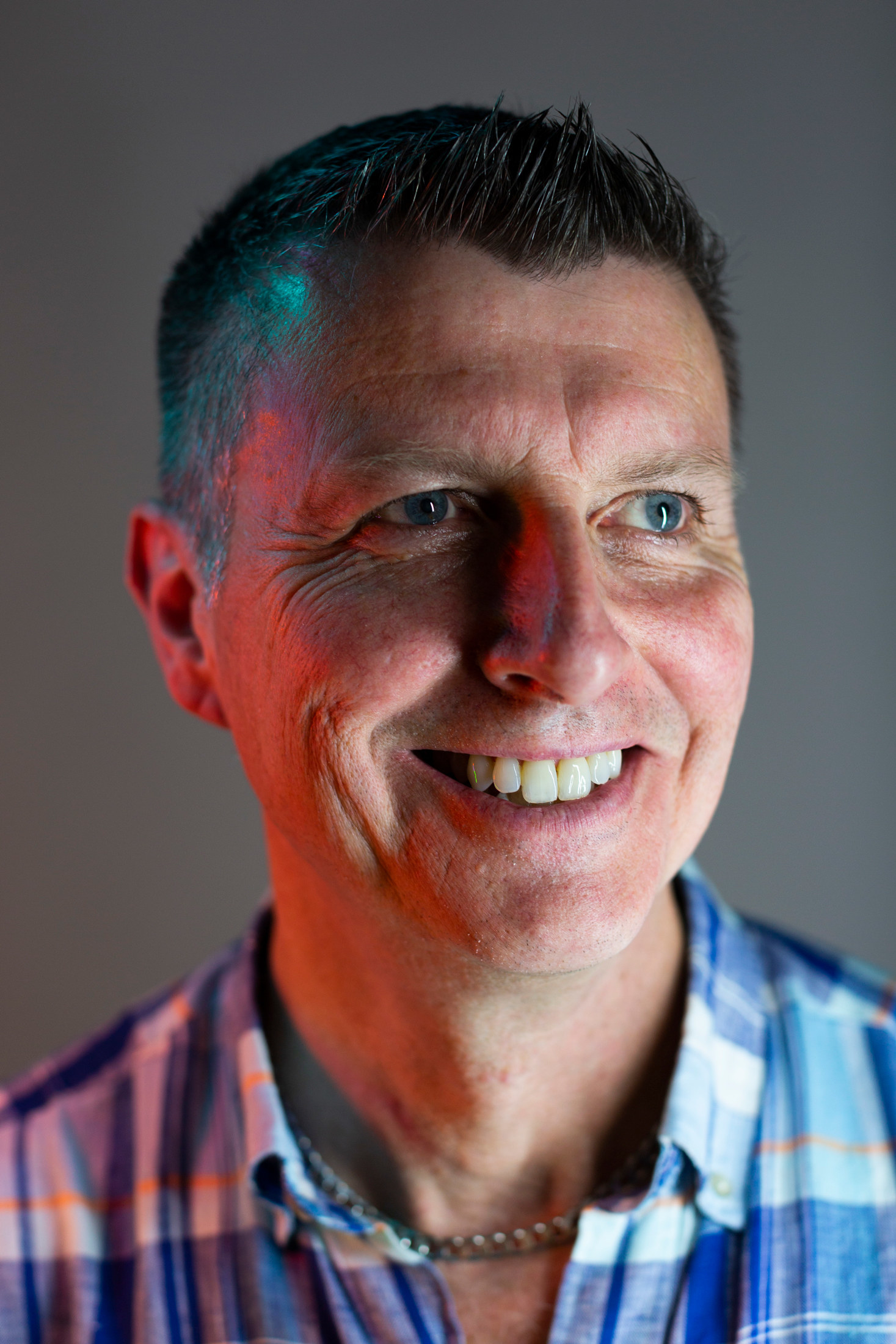
I was born in Luton in 1956 when being gay was illegal and could result in imprisonment. I had strong friendships at school but would never have felt comfortable being my true self in my formative years. I went to football, went to pubs, and had girlfriends because I thought that was what you do. I knew no gay people and I only had the stereotype camp image of what it means to be gay. To my shame I witnessed severe bullying of others, but I was a bystander not brave enough to speak out in case I was outed. My developing interest in men remained in fantasy in the context that it was illegal and wrong.
I went to a comprehensive school where the arts were played down and sport, crafts, and sciences were encouraged. I developed a crush on a friend but I never told him until years later. Any thoughts of showing my true feelings were ceased when a popular and inspirational gay church youth leader was moved for no reason other than prejudiced feelings by some that it was wrong for him to work with 16-to-18-year-olds. A more dramatic event kept me firmly in the closet when a teacher came out and was sacked very publicly with a report on the front page of our local newspaper.
When I went to college I fell obsessively in love with a fellow student but it was still illegal to have same-sex relationships until aged 21. I engineered times we could be alone, but nothing occurred and nothing was said. We just remained friends.
I went on to have a family and fell in love with a woman who became my wife and best friend. We had a good marriage for 15 years, resulting in the birth of our son, now aged 28. I was now a responsible father with too many people to hurt; I became depressed as I was living a lie. I didn’t share my feelings with anyone, but I met a man who was also closeted. When he left I became very depressed and suicidal and told my wife I was gay. She and my parents were amazing about it and just wanted me to be happy…something I’ve always tried to convey to my son, that being your authentic self and being happy are the most important things in life. I’m now married to my husband and we have been together 23 years. We are great friends with my ex-wife and regularly socialise with her. My husband helped bring up my son from the age of 5 and has a strong bond with him.
At work I’m now out and can be my authentic self as a workplace role model as a senior manager at the Ministry of Justice, who give me time to work for Diversity Role Models (DRM). I wish I’d had input from DRM at school so people like me can feel valued for who we are and live life to the full!
Thank you to all of the contributors who submitted their stories, who also dedicate their time to being a Role Model at Diversity Role Models. Diversity Role Models is a charity that actively seek to prevent homophobic, biphobic and transphobic bullying in UK schools. You can find them here.
You can call the Samaritans for confidential support if you’re experiencing feelings of distress or despair on 08457 90 90 90 (24-hour helpline). Other international suicide helplines can be found at befrienders.org

